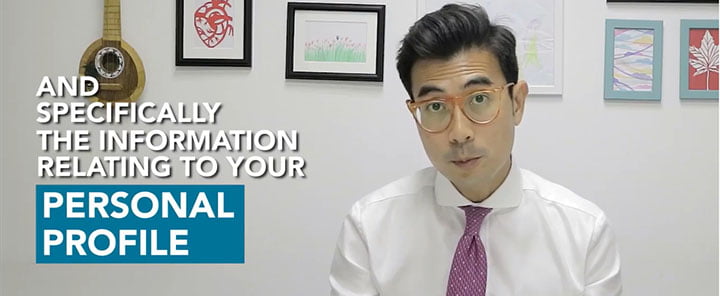Today, we’re talking about mitigation pleas. And specifically, the information relating to your personal profile, your personal background, your personal circumstances. What should you talk about, and why should you talk about it?
If you’re charged in court with a criminal offence, and you’re found guilty and convicted of that offence. The judge will ultimately need to decide how much punishment to impose. This is then the opportunity for you to present the mitigation plea to ask the court to give a lower sentence. Part of the mitigation plea should talk about your personal profile.
What are some examples of the information relating to your personal background that the court would like to know?
Give information about your age, your occupation and your level of income. You can also talk about your family members, how many dependents you have, and how you spend your money to look after your family. You should also talk about your health conditions, whether you suffer from any chronic illnesses or medical issues. The court also needs to know your education, your schooling, how much schooling you’ve had, or how little you’ve had. Related to this is how good and how well you’ve performed in school, or how you have not performed well in school. It gives the court an idea of the person that you are.
You should also talk about your employment – where are the places you worked, and what are the roles that you have assumed in the past.
Tell the judge because it builds a picture of the person that you are.
It is also useful to tell the court about your national service, if you’ve completed national service, say so and tell the judge and the court how well you’ve performed. You can also attach and show your certificate of service if you’re talking about this.
What is also important is to describe your participation in community or charitable causes in the past. This gives the court an idea of your character or your sense of integrity and responsibility.
The purpose of saying all of this, is to show the court that you are a person of general good character. But if you have a past that involves criminal offences, previous convictions, tell the court why you have learnt your lesson and persuade the judge. And prove it and show the judge why you’re committed, and you’re serious, and you’re determined not to make this mistake again.
Apart from saying this in your mitigation plea, it is also important to provide supporting documents. What are some of these? They can be certificates, they can be awards, they can also be testimonials from people who have something good to say about you because of their interactions with you in a personal or professional capacity.
Ultimately, the mitigation plea and the information relating to your personal profile is something you can say yourself, or with the help of a lawyer, if you can afford for one, or if you choose to have one help you.
Summary
In summary, the 2 things that you should bear in mind about mitigation plea and when you’re talking about your personal profile is – be as clear and as organised as possible. So, the judge can follow what you are saying.
Second thing to bear in mind is, tell the judge how your background has been good, and how this incident, and your involvement in this offence, is an exception that will not recur and will not take place again.
So, there you have it, mitigation pleas and why is it important to talk about your personal profile. Don’t forget to subscribe to our YouTube channel and to follow us on Facebook for more updates. See you soon. Bye-bye!


 First Court Hearing
First Court Hearing